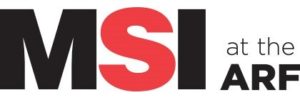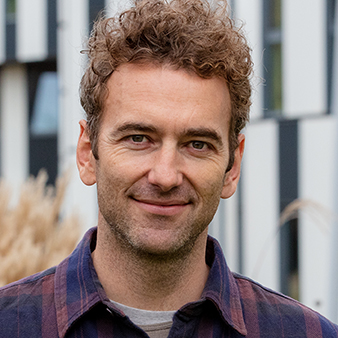Webinars
MSI Innovation Series Webinar: To Increase Creativity Be Silly First
Creativity is vital in many areas of life, but generating and embracing novel solutions often proves challenging due to cognitive fixation on what is known.
This research introduces a novel strategy to enhance creativity by encouraging individuals to start with “silly” ideas. Across several studies, participants who first generated silly ideas, such as absurd or obviously wrong solutions, exhibited greater creativity in subsequent tasks compared to control groups who first generated neutral ideas.
This approach increased the two aspects of creativity: choosing creative products and generating creative ideas, including in practical contexts like designing dating profiles. We further examined the mechanism behind this effect, finding that starting with silly ideas feels easier and helps break fixation on known ideas, allowing for more distant and creative exploration. This approach has practical implications for enhancing innovation in both product choice and ideation by providing a simple, enjoyable method for unlocking creative potential.
speaker
Martin Schreier is Professor of Marketing and Head of the Department of Marketing and the Institute for Marketing Management at WU Vienna, Austria. Between 2021 and 2024, he has been serving as Editor-in-Chief of the International Journal of Research in Marketing, the official journal of the European Marketing Academy (EMAC). His research has been published in academic journals such as the Journal of Marketing, the Journal of Marketing Research, and Management Science. His work has also been featured in international media outlets such as the Harvard Business Review as well as in prominent German-speaking media including TV, radio stations, and newspapers. Moreover, his research has been honored with several awards, including among others, the INFORMS TIMES Best Paper Award 2019 for the Management Science paper “Integrating problem solvers from analogous markets in new product ideation”. For more information about his research, see his Google Scholar profile.

